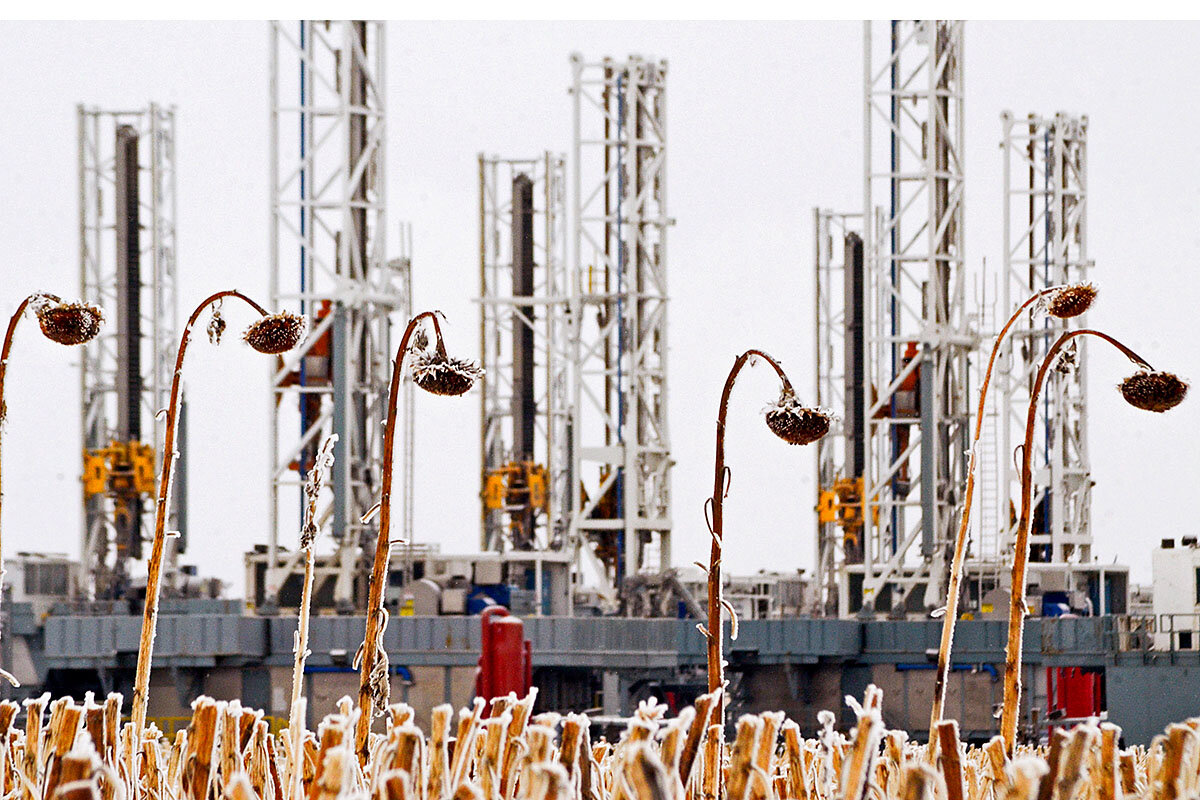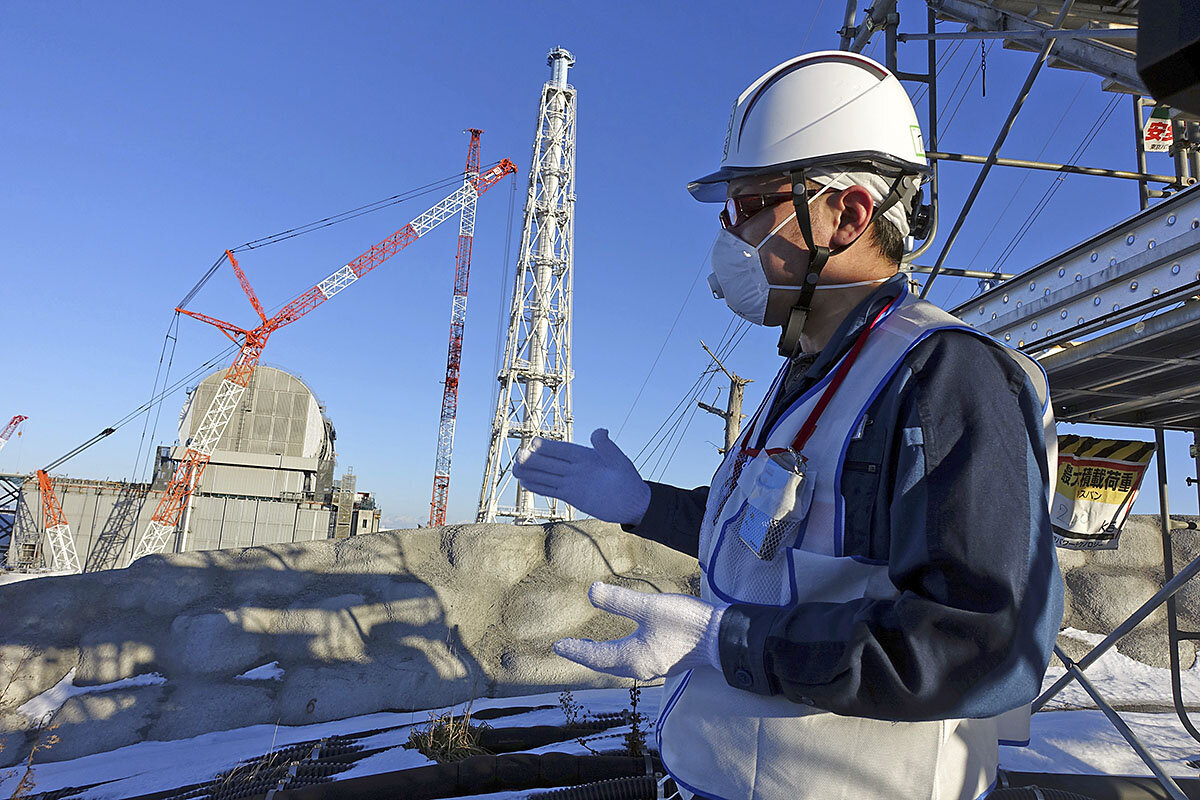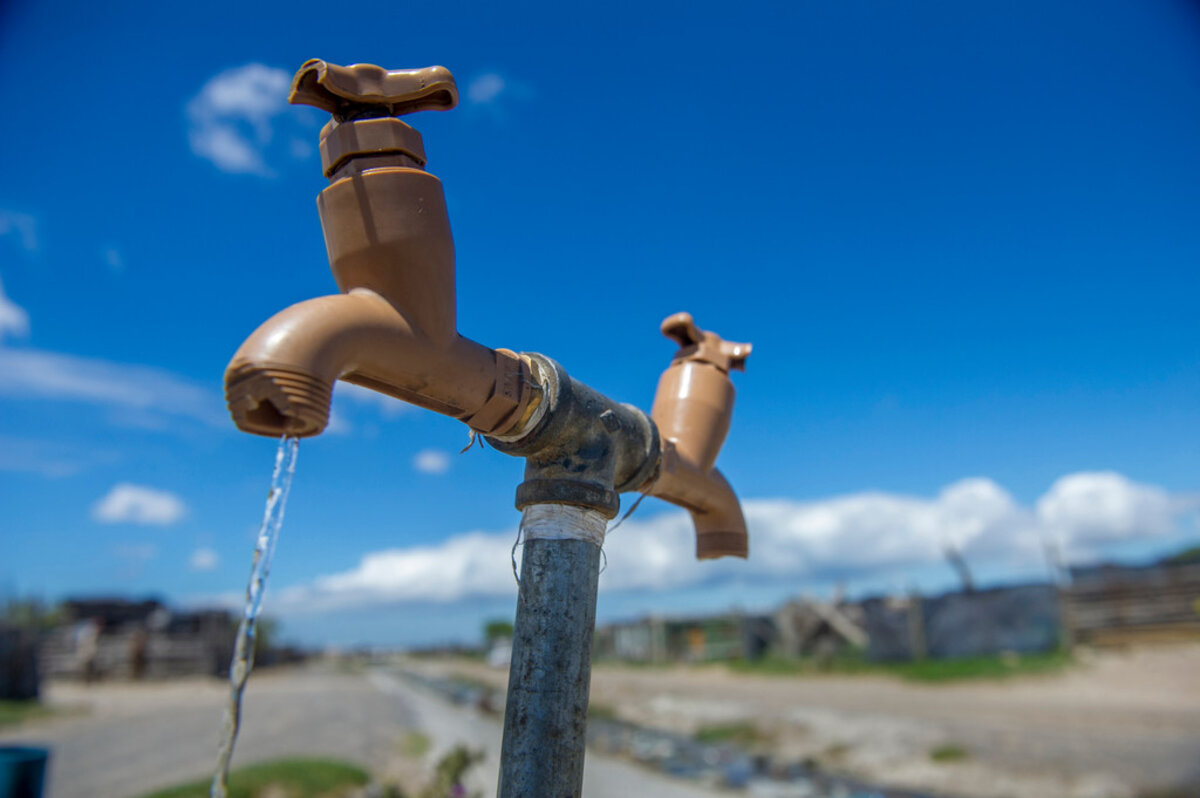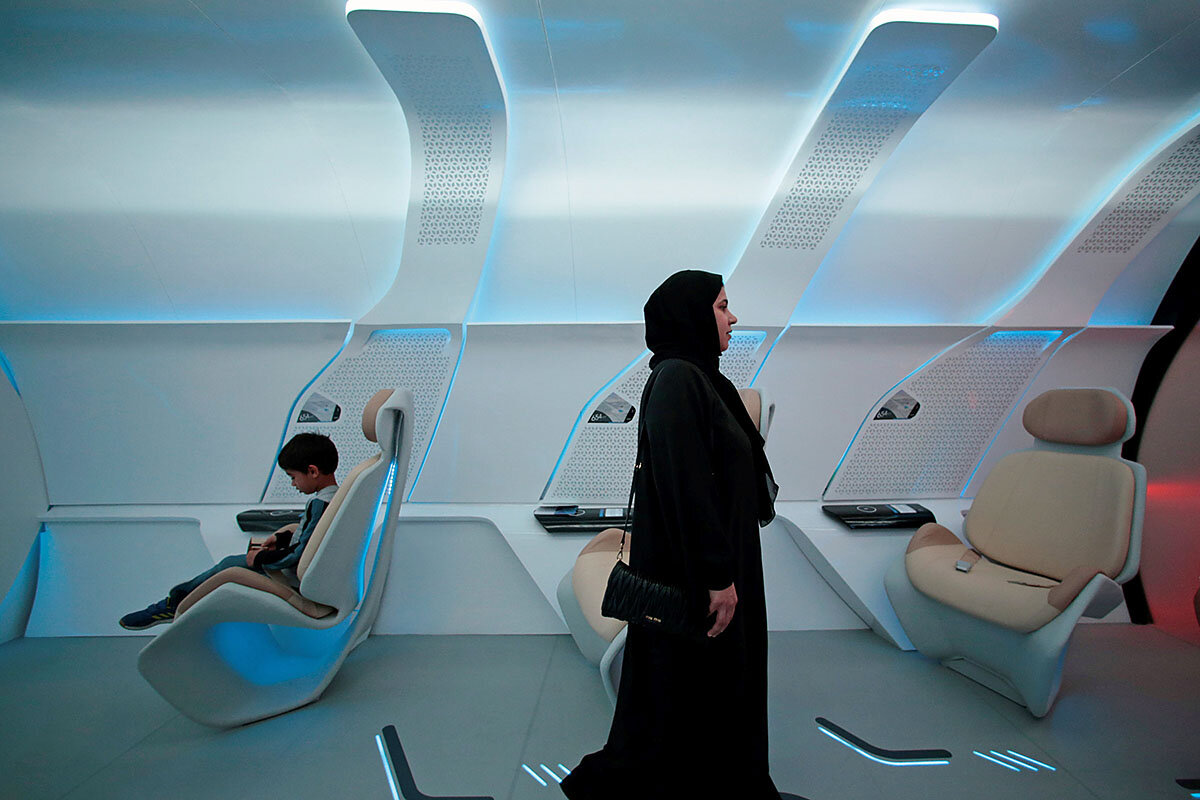The US Congress, which can agree on very little, was nearly unanimous last summer in approving tougher sanctions on Russia for meddling in US elections. President Trump signed the law. But ahead of 2018 midterms, the additional measures have yet to be implemented.
Monitor Daily Podcast
- Follow us:
- Apple Podcasts
- Spotify
- RSS Feed
- Download
 Amelia Newcomb
Amelia Newcomb
The gun debate continues to surge a week after the Parkland, Fla., school shooting. Today, NRA president Wayne LaPierre told the Conservative Political Action Conference that schools must be “hardened.” President Trump echoed that. The question of whether better security means armed guards in school halls is one that justice reporter Henry Gass will dive into tomorrow.
Meanwhile, in Africa, the focus is on a very different threat. Monitor writer Ryan Lenora Brown and photographer Melanie Stetson Freeman are headed shortly to Cape Town, South Africa. The reason: a looming “Day Zero,” when the city says a severe, three-year drought will force it to cut off water supplies to most of its 4 million residents. Cape Town's belated response has also come under heavy criticism.
The consequences could be severe. But the pushing back of Day Zero, now set for July, suggests some improvement in conservation efforts. Ryan also notes that the common need to line up for extra water is easing social barriers between rich and poor. "I'd also like to find out what lessons Cape Town can learn about water preservation from its poorest residents," she says.
In the meantime, artists are doing their bit by inviting people to sing in the shower. Sound silly? The shower is a major culprit when it comes to excess water consumption. Can you soap up and ship out in two minutes? "Boom Shaka Laka" and "Power of Gold," to name two of the short tunes, make it seem like the thing to do, modeling an important spirit in facing down a monumental challenge.
Here are our stories for today, showing the importance of understanding motives and separating fact from fiction.










